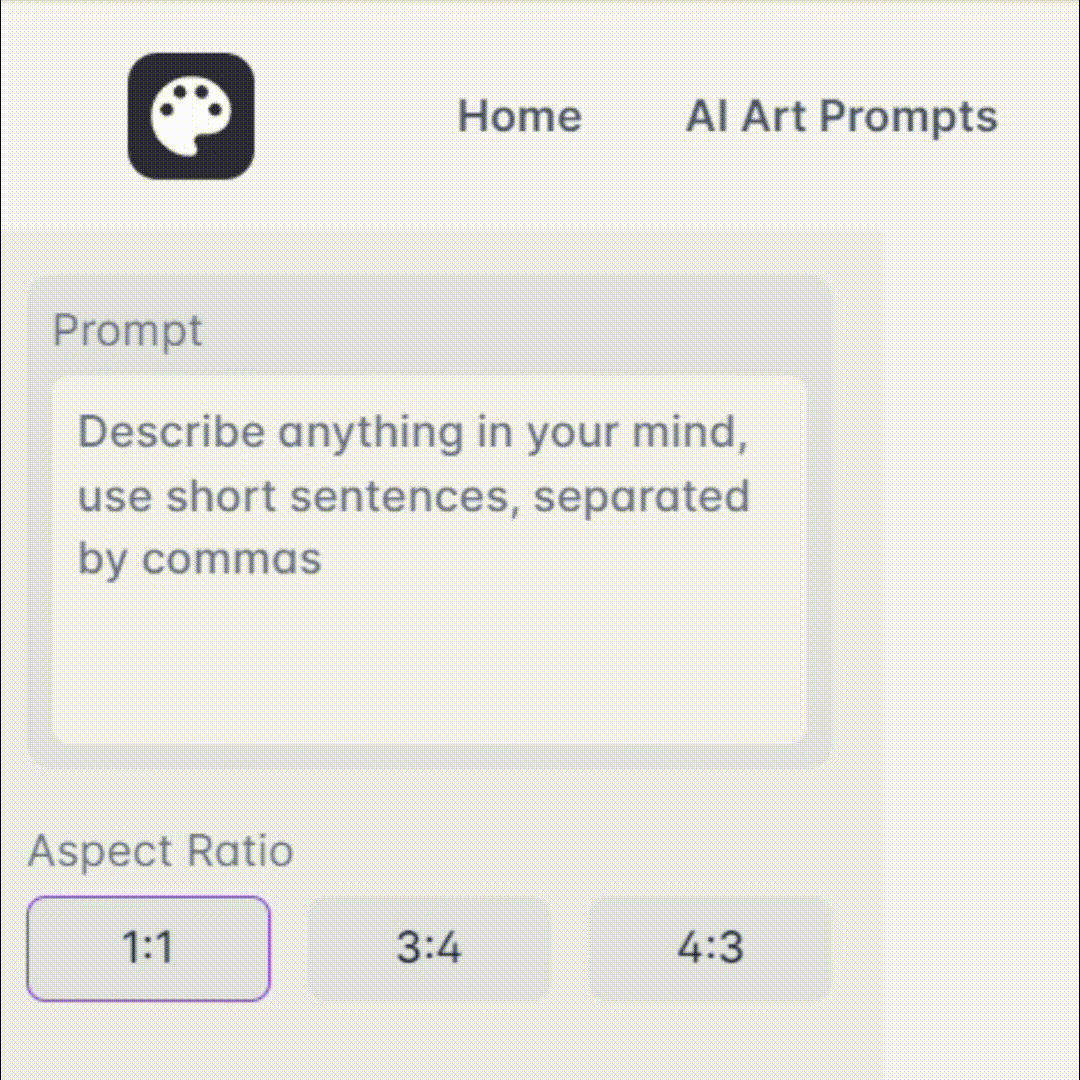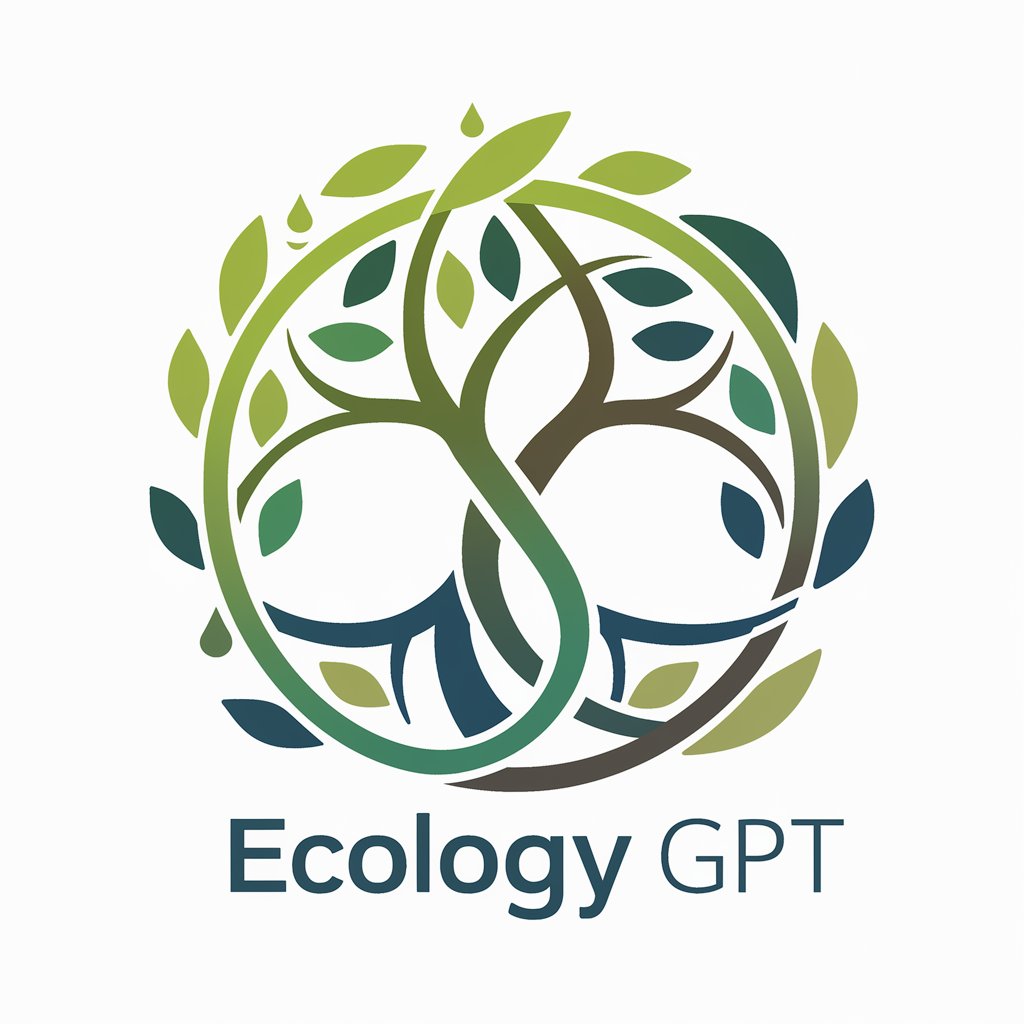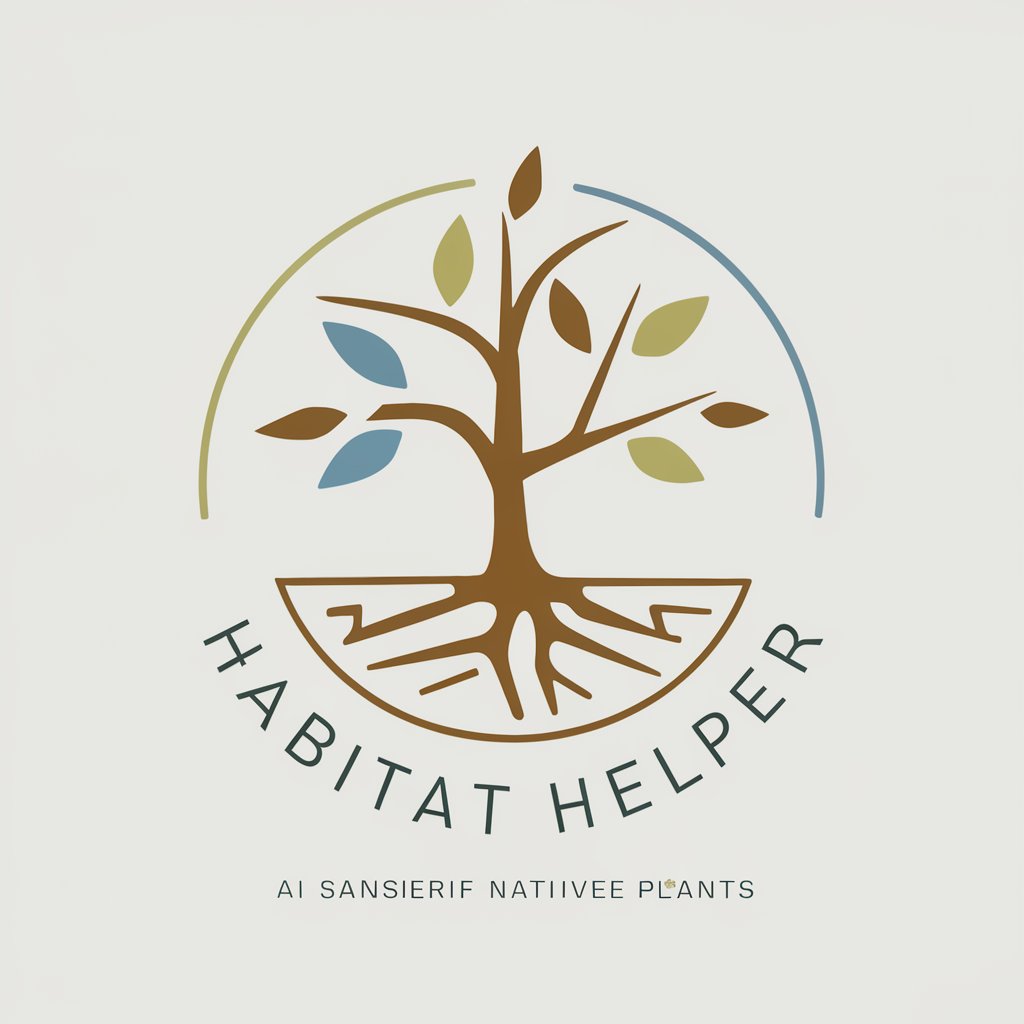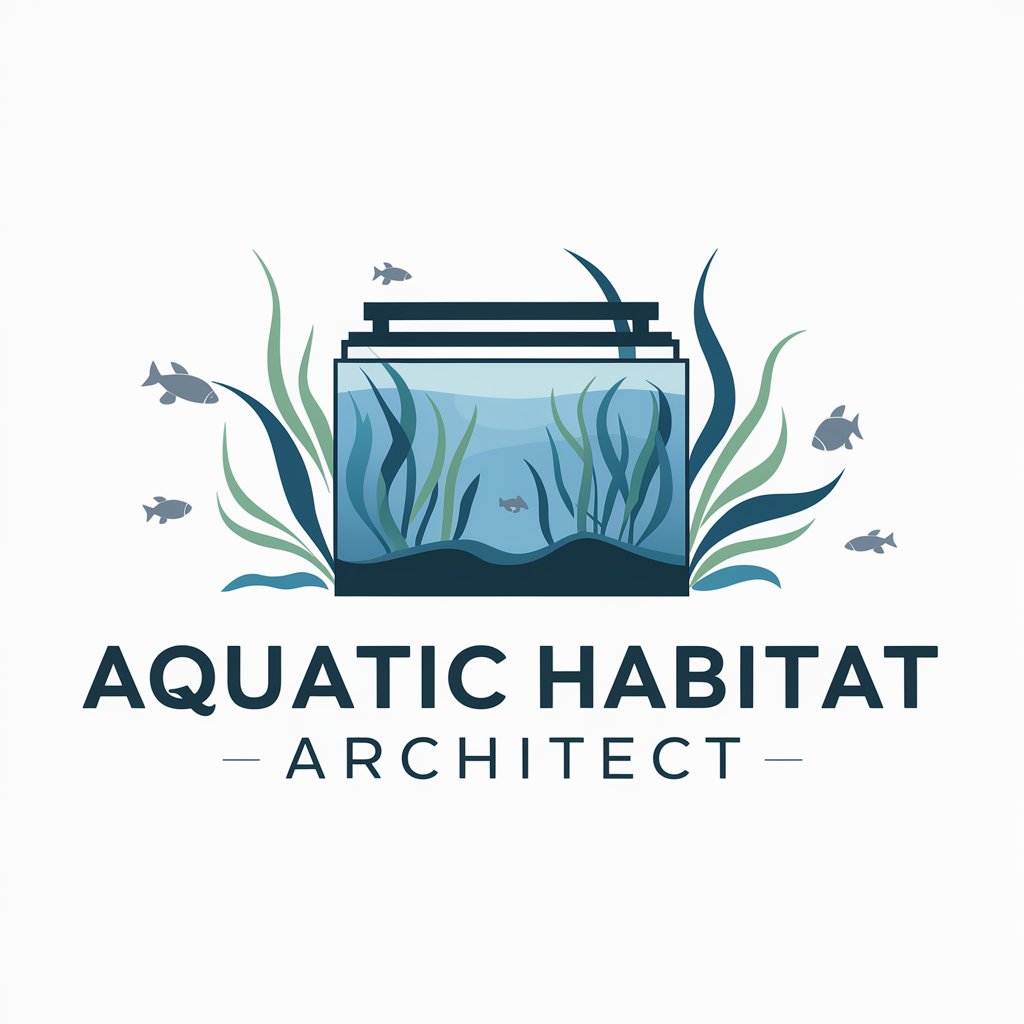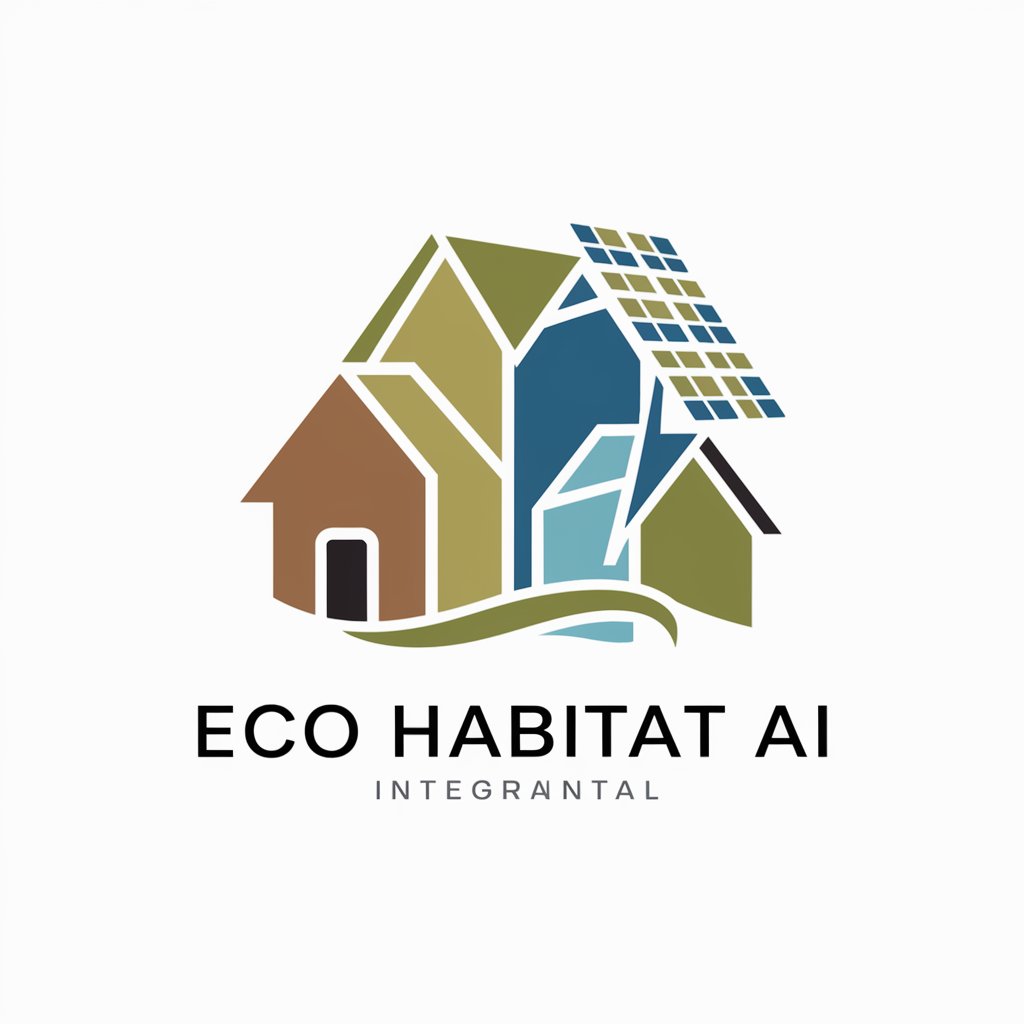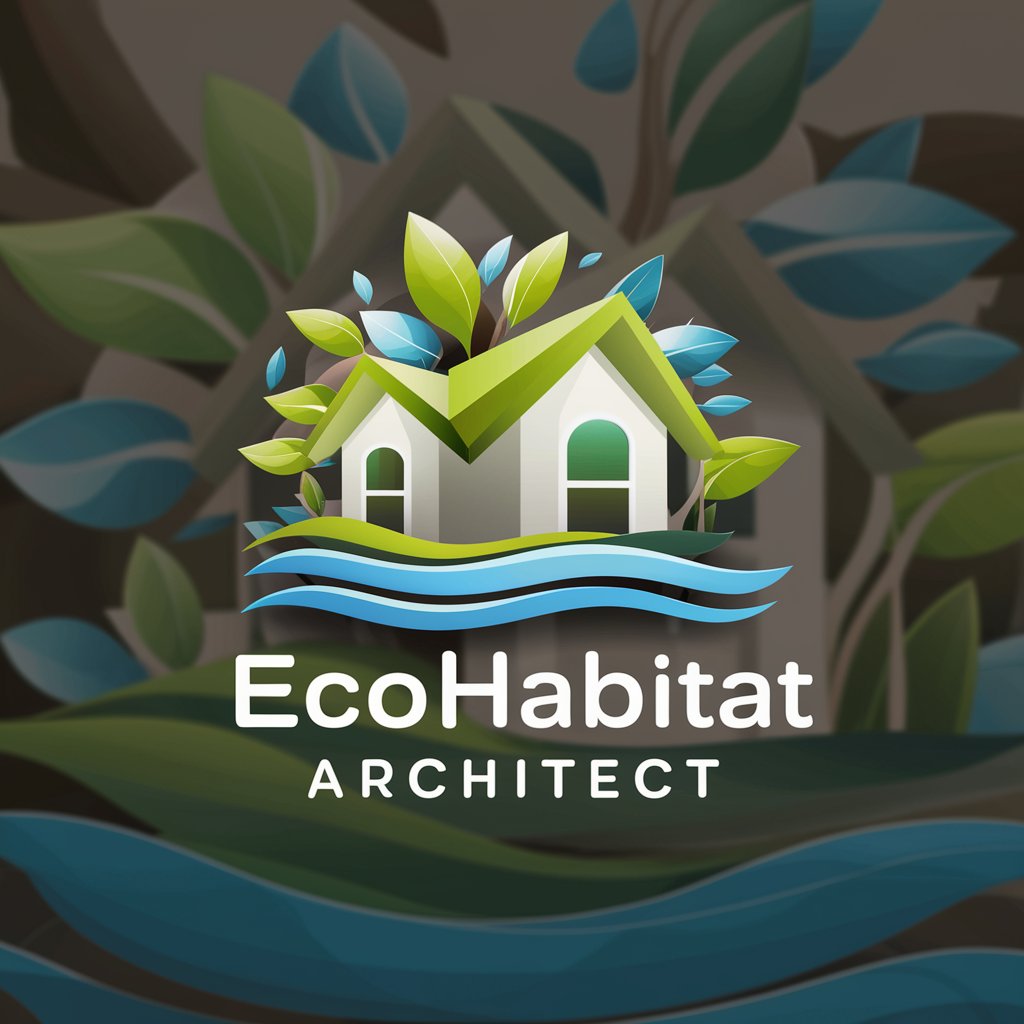
Habitat - Insightful Ecosystem Exploration
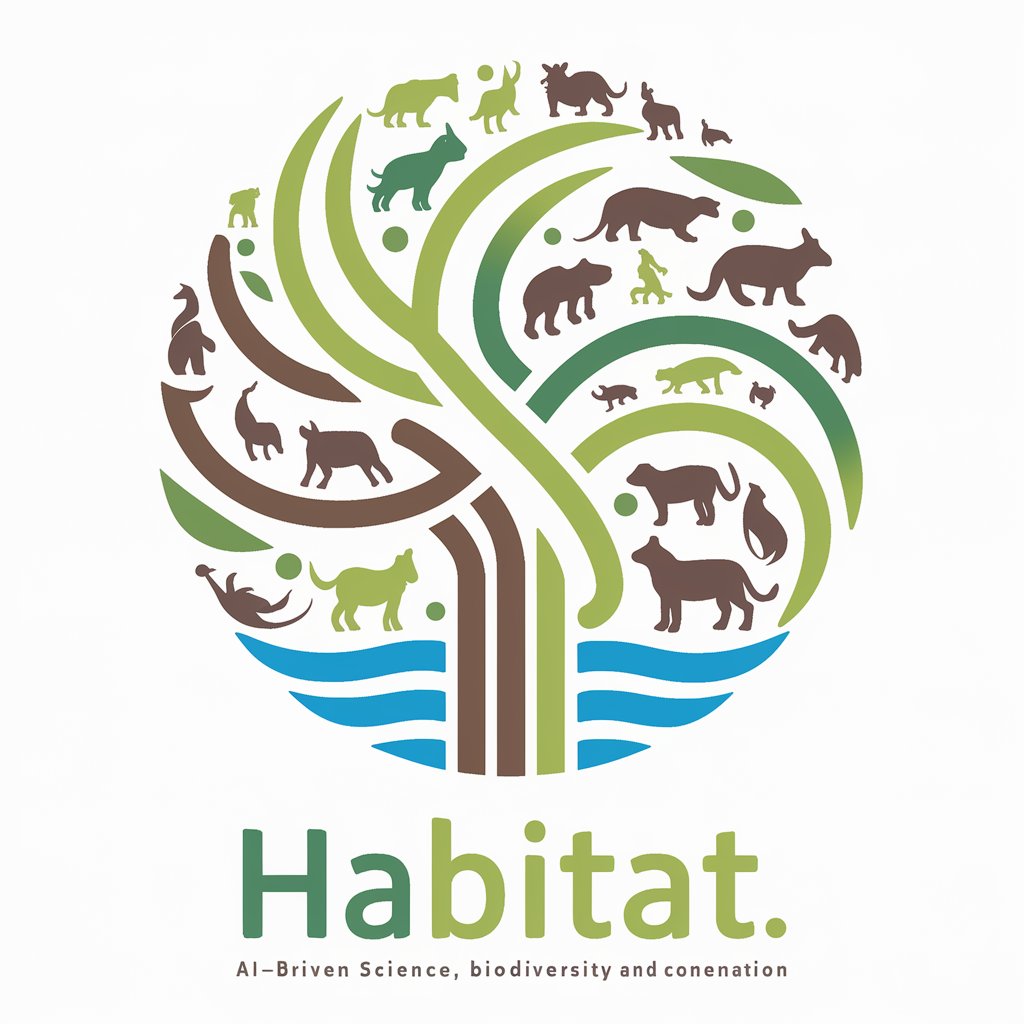
Welcome! Let's explore the wonders of our natural world together.
Empowering Conservation with AI
What are the main threats to coral reef ecosystems?
How does climate change impact polar habitats?
What are some effective conservation strategies for endangered species?
Can you explain the role of wetlands in maintaining biodiversity?
Get Embed Code
Overview of Habitat
Habitat is a specialized GPT designed to focus on the realms of habitats, ecosystems, and conservation efforts. It is crafted to offer insights and information on environmental science and biodiversity, aiming to foster awareness and understanding of these critical topics. Habitat is engineered to prioritize accurate, up-to-date information within these fields, guiding discussions towards conservation and sustainable practices. It emphasizes the importance of ecosystems, various habitats, and the species that inhabit them, alongside the challenges they face due to environmental changes and human activities. Through its interactions, Habitat seeks to make environmental science accessible to a broad audience, encouraging curiosity and learning about the natural world. Examples of its utility include providing detailed explanations of complex ecological concepts, suggesting conservation strategies for endangered species, and offering guidance on sustainable living practices. Powered by ChatGPT-4o。

Core Functions of Habitat
Educational Outreach
Example
Explaining the significance of coral reefs to marine biodiversity and the impacts of ocean acidification.
Scenario
A student researching for a school project on marine ecosystems would use Habitat to gain a detailed understanding of coral reefs, including their role in the marine environment, threats they face, and actions needed to protect them.
Conservation Guidance
Example
Providing recommendations for community-led conservation projects that can help restore local habitats.
Scenario
A community group looking to initiate a local conservation effort would consult Habitat for advice on effective restoration strategies, native species to focus on, and sustainable practices to incorporate into their project.
Sustainable Practices Promotion
Example
Offering insights on sustainable agricultural practices that minimize environmental impact while maintaining productivity.
Scenario
Farmers seeking to adopt more sustainable farming techniques would use Habitat to learn about practices such as crop rotation, organic farming, and integrated pest management that can enhance soil health and reduce chemical usage.
Who Benefits from Habitat?
Students and Educators
This group benefits from Habitat's detailed explanations of ecological concepts, making it a valuable resource for education. Habitat can assist in curriculum development, provide supplementary material for lessons on environmental science, and help students with research projects.
Environmental Activists and Conservationists
These individuals find Habitat's guidance on conservation strategies and sustainable practices invaluable. It can offer updates on environmental policies, innovative conservation techniques, and ways to mobilize community action for ecological causes.
General Public Interested in Sustainability
People looking to adopt more sustainable lifestyles can use Habitat to learn about eco-friendly practices for everyday life, such as reducing waste, conserving water, and making sustainable food choices. Habitat provides accessible information that empowers individuals to make informed decisions about their impact on the environment.

How to Use Habitat
1
Access without login at yeschat.ai for an immediate trial, bypassing the need for ChatGPT Plus.
2
Identify your interest or requirement, whether it be understanding ecosystems, exploring biodiversity, or learning about conservation efforts.
3
Pose your question or topic of interest directly to Habitat, aiming for specificity to receive the most accurate and informative response.
4
Utilize the feedback or follow-up question feature to refine your queries based on the information provided, ensuring a deeper understanding.
5
Explore related topics or ask for additional resources to further expand your knowledge on environmental science and conservation topics.
Try other advanced and practical GPTs
SEO Content Wizard
Elevate Your Content with AI-Powered SEO Optimization

Sinking Ship meaning?
Dive deeper with AI-driven insights

Pleisto's GPT creator and Protector
AI-powered GPT Creation and Safeguarding

Cricket IPL T20 Expert
Empowering Your Cricket Decisions with AI

Everything’s Magic - Pics to Spells 🌙🪄🧙♀️
Transform Photos Into Magical Narratives

Richie Rich
Empowering financial success with AI

ProfileHeimer
AI-powered League of Legends coach

Skeptic Debater
Empowering Critical Thinking with AI

HumanizeIt
Refine AI Texts with Authenticity

Dr. Tracy Timberlake's AI-Enhanced Course Creator
Empowering Educators with AI-Driven Course Creation
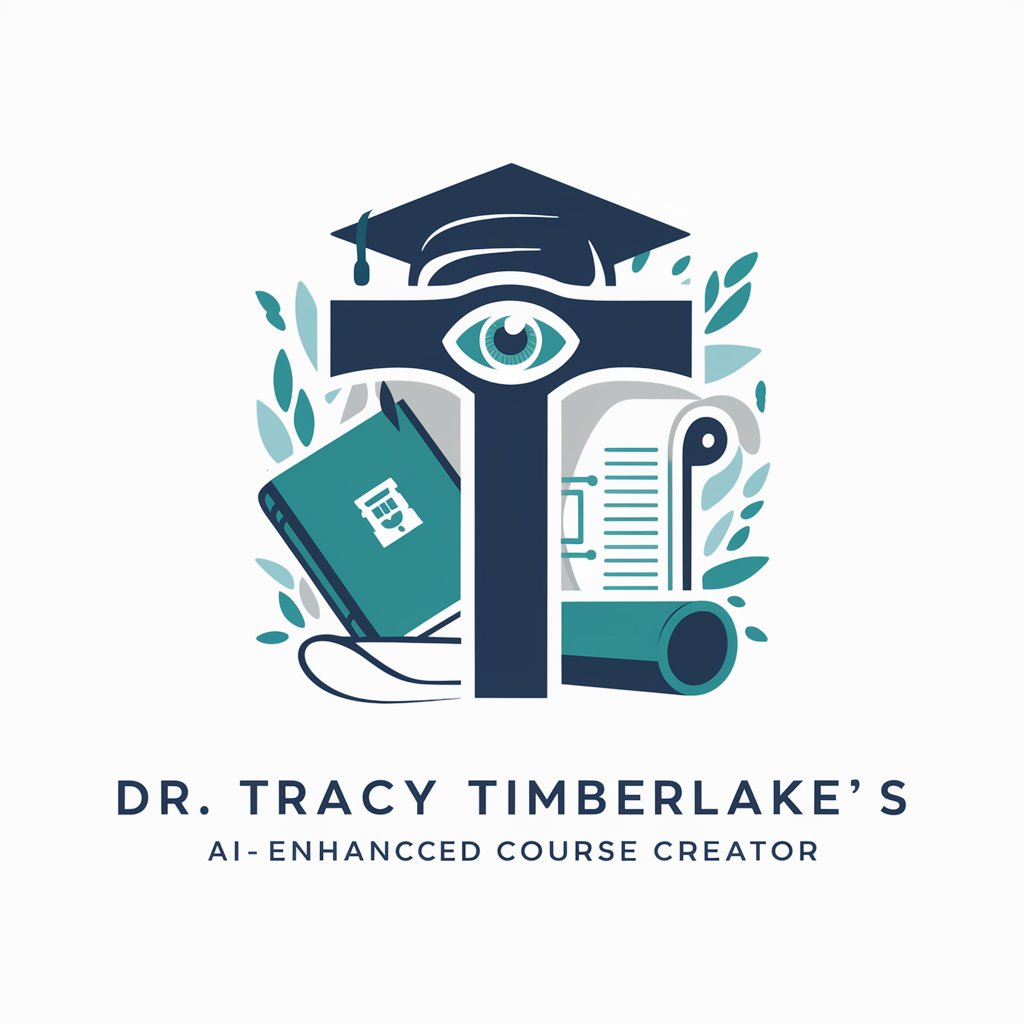
Top Consultancy Management Consultant Assistant
Empowering Strategies with AI-Driven Insights

Convocatoria 35 - SGR Minciencias
Empowering Innovation with AI

Frequently Asked Questions about Habitat
What types of ecosystems can Habitat provide information on?
Habitat offers insights on a wide range of ecosystems, including forests, oceans, freshwater systems, deserts, and urban areas, emphasizing their biodiversity, conservation status, and the challenges they face.
How can Habitat assist in academic research?
Habitat can provide detailed, scientifically accurate information on environmental science, biodiversity, and conservation efforts, serving as a preliminary research tool for students and scholars.
Can Habitat offer guidance on sustainable practices?
Yes, Habitat can provide recommendations on sustainable living practices, conservation strategies, and how individuals can contribute to ecosystem preservation.
Does Habitat provide updates on environmental policies?
While Habitat focuses on scientific and ecological information, it can offer insights into how certain global and local environmental policies impact ecosystems and conservation efforts.
Can Habitat suggest environmental science resources?
Absolutely, Habitat can recommend books, articles, databases, and websites for further exploration of environmental science topics, tailored to your specific interests and academic level.
